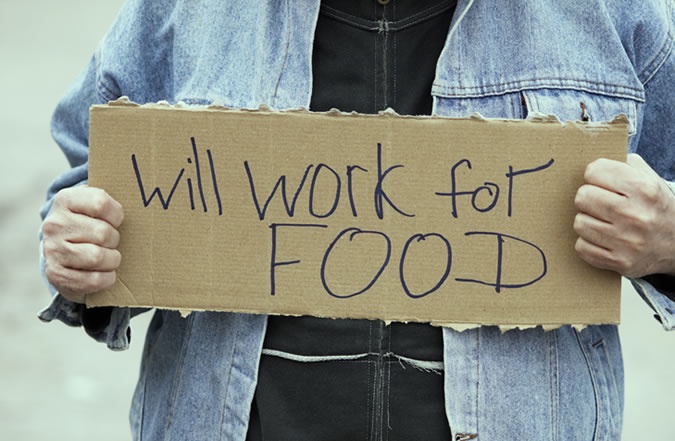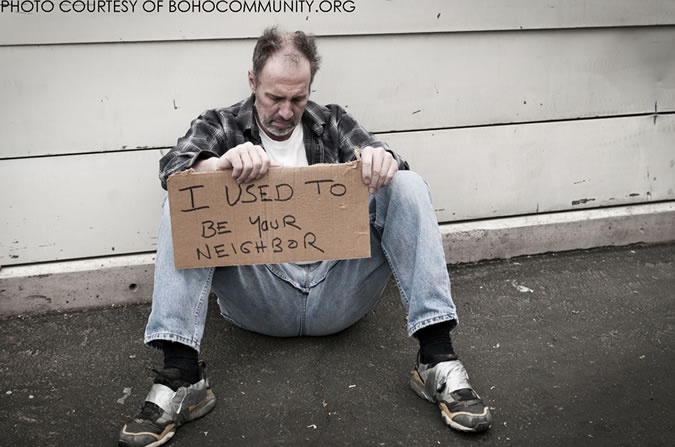
"People who never had problems before are coming", a food bank quoted in the Food Aid Provision in Scotland report made in 2015. According to this report, there was a 170% increase in the demand of food banks in 2013. Nowadays, two years after the report, Scottish food banks continue to grow in number and deliver food parcels to more people.
Personally, coming from a developing country (Mexico), the idea of food poverty existing in a developed country does not really cross your mind. But after participating in a deep scan case study with the University of Aberdeen in an international 'Shaping Health' project led by Training and Research Support Centre , and concluding that over 500,000 are now thought to be reliant on food parcels, it has become clear that both food waste and hunger exist at the same time in the UK. Welfare reform, benefit delays, sanctions and low payments are just some of the factors that have driven people to look for food aids in Scotland. Truth is, your neighbor, a family member or even you could find yourself looking for food aids tomorrow.
Contradictory opinions have been found in regards on who has the responsibility of making sure that everyone is free from hunger and malnutrition in order to develop their physical and mental faculties. Some would say is the government's responsibility to provide the proper financial support to people, and some would say food banks should always have the enough amount of food for those in need. But in reality, food poverty is a complex issue and we need to look for the core reason that is taking people to look for food aids.

Grampian against food poverty
Food poverty is about poverty, education and health care, and the Grampian region has four organizations that look forward to tackle it.
Grampian's local authority, Aberdeen City Council , provides a range of approaches to facilitate support and services to end with hunger and homelessness. For instance, the Community Empowerment Act has been created with the aim of improving the process of community planning by ensuring that service providers work closely with communities. Also, they provide free school meals for children from 5 to 7 years and for all children attending school from low income households. And now, the new free holiday meals programme has been developed so that children can also have access to healthy meals during the holidays. Along with these programmes, the City Council also provides advice and support regarding homelessness, benefits and money advice, and runs adult learning courses, which include reading, writing, English, computing classes, among others.
Grampian's health service, NHS Grampian, is responsible for the administration and general management of the health system in the Grampian region. Since 1st April 2016, the NHS Grampian and the Aberdeen City Council have put their services together by launching “Health and Social Care Partnership” programme to benefit local communities.
Two social enterprises have been identified in the Grampian region, Community Food Initiatives North East (CFINE) and Social bite . These organizations are called social enterprises because they are businesses, run by the community, that have been created to solve the social challenge of food poverty.
CFINE is focused on improving health and wellbeing through a community business. Financial capability and referrals, community food outlets, food banks, community training kitchens and environmental projects are just some of the services they offer to people going through food poverty.
Social bite, on their side, aims to address hunger and homelessness in Scotland. With a restaurant in Union Street , and feeding homeless every day, they also engage a range of activities to support people to escape homelessness by providing support in terms of the health service, accommodation, training and education.
Looking for the long-term solution
These four organizations have the potential to help reduce food poverty, but there is no evidence that only food aids will tackle food poverty in the long-term. Also, it is known that for 1 person looking for food aid, there are other 9 living in food poverty. Asking for food not only degrades the individual's self-sufficiency, but also does not consistently provide a wholesome and healthy diet.
Therefore, we will look for key informants from these organizations, such as locality and health planners, CEOs, and general managers to ask them about their perceptions in regards food poverty. And also, we will look at the other side of the coin, and will interview different groups of people who attend to these services to listen to their experiences and perceptions.
We should not forget that the search for food aids is the result of a benefit sanction or delay, which makes people really dependent on charity. Hence tackling this is something that Scotland's government should prioritise, especially if there are plans of an independence. Many studies confirm that healthier countries are wealthier countries, and health starts with what we put in our mouth, because we can stop doing many things, but we cannot stop eating.
Carolina Morton
MSc Goobal Health and Management 2016/17
